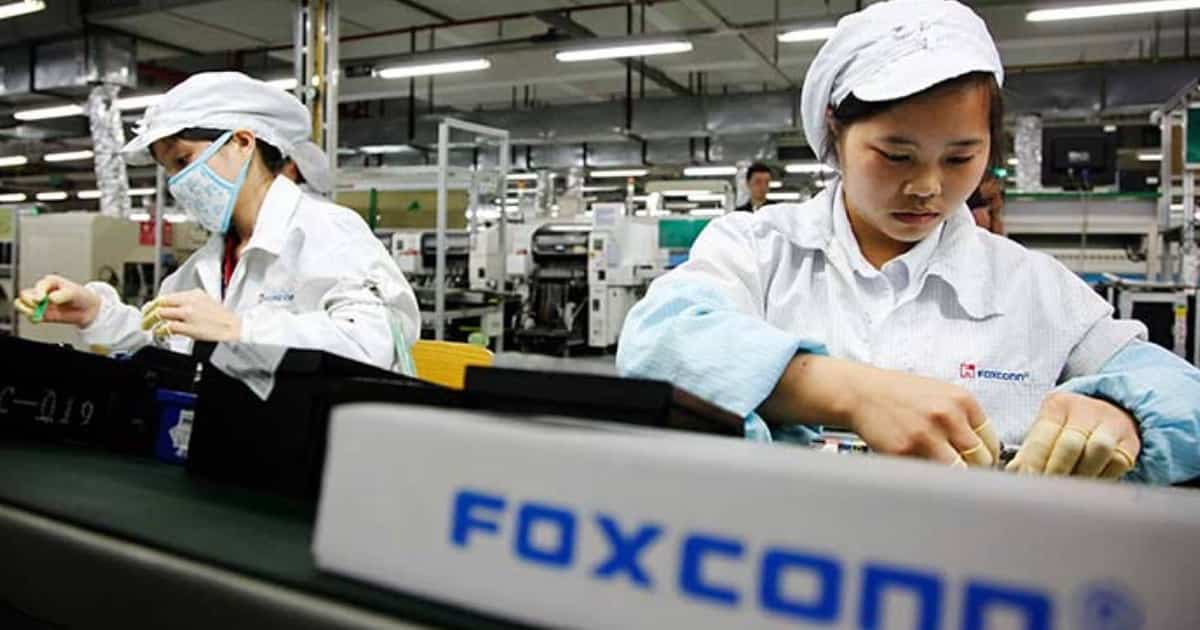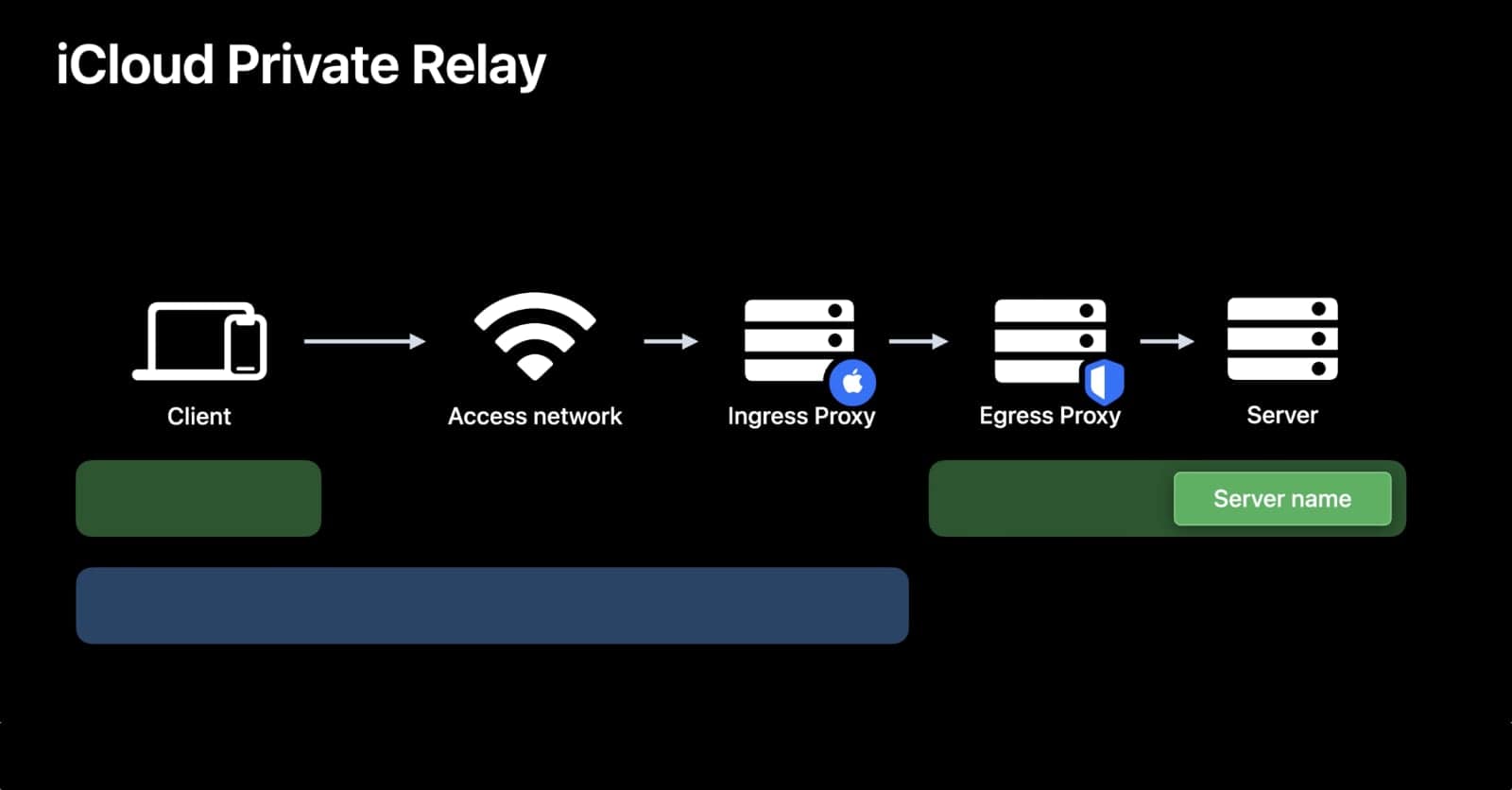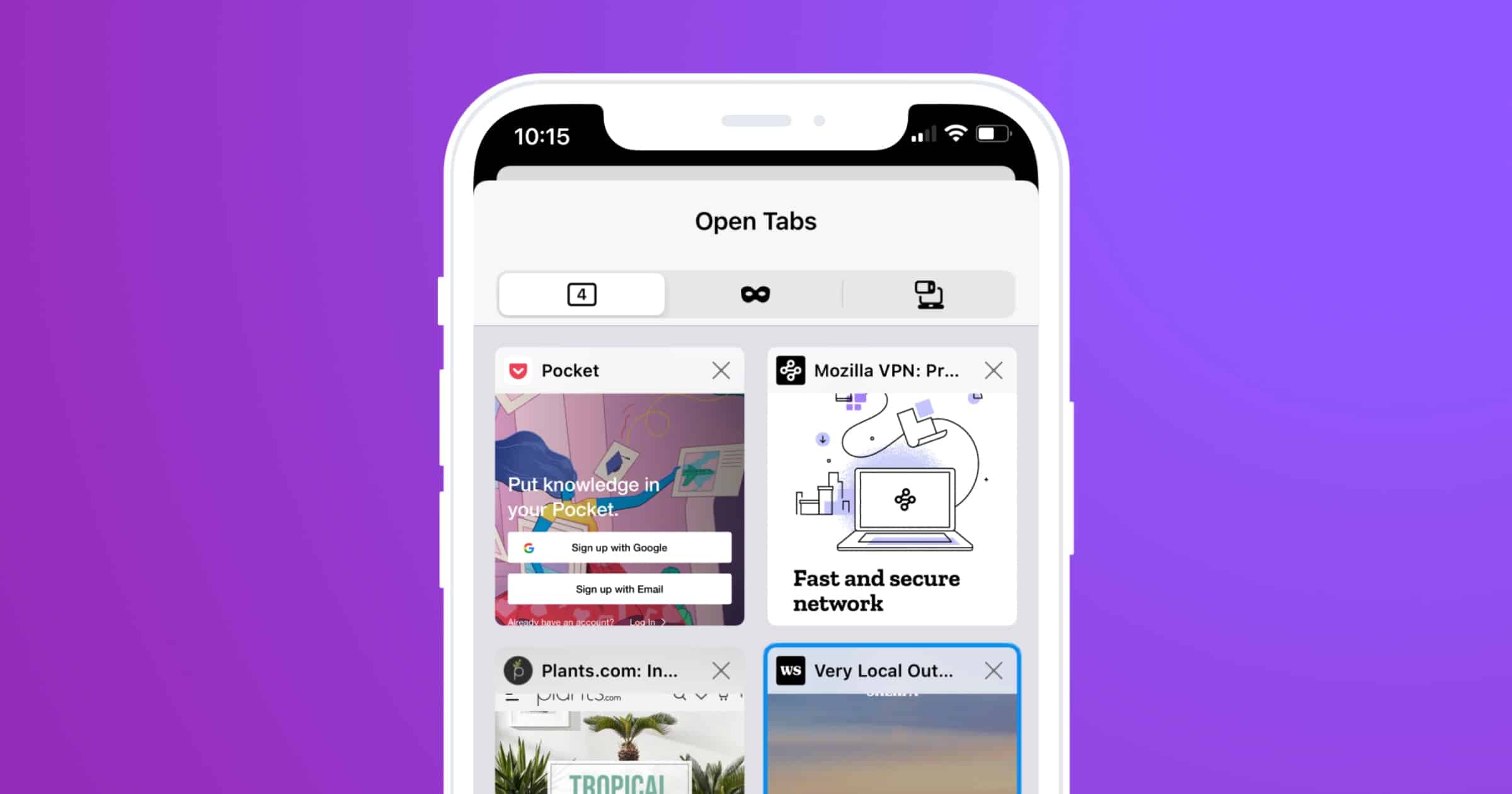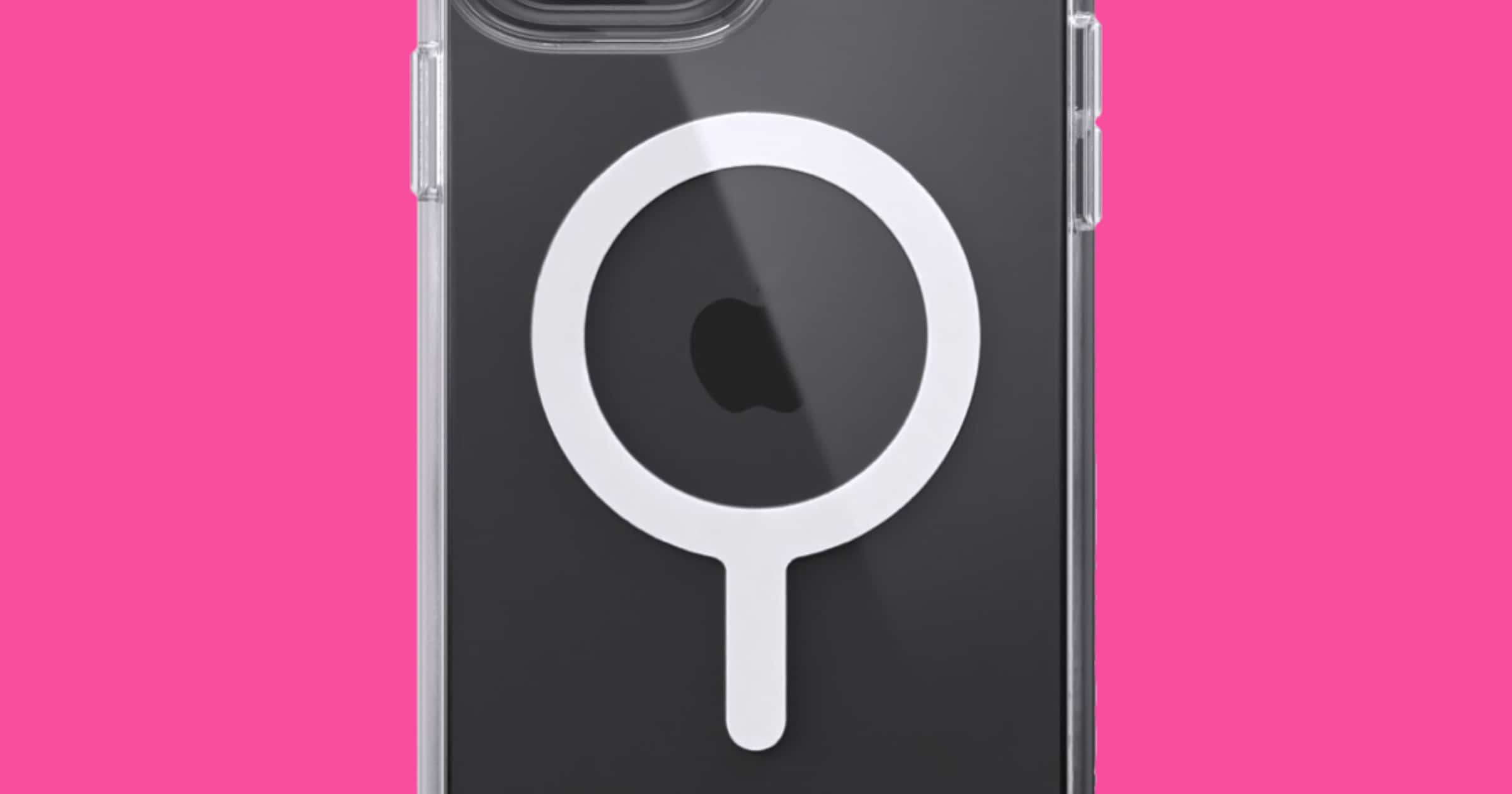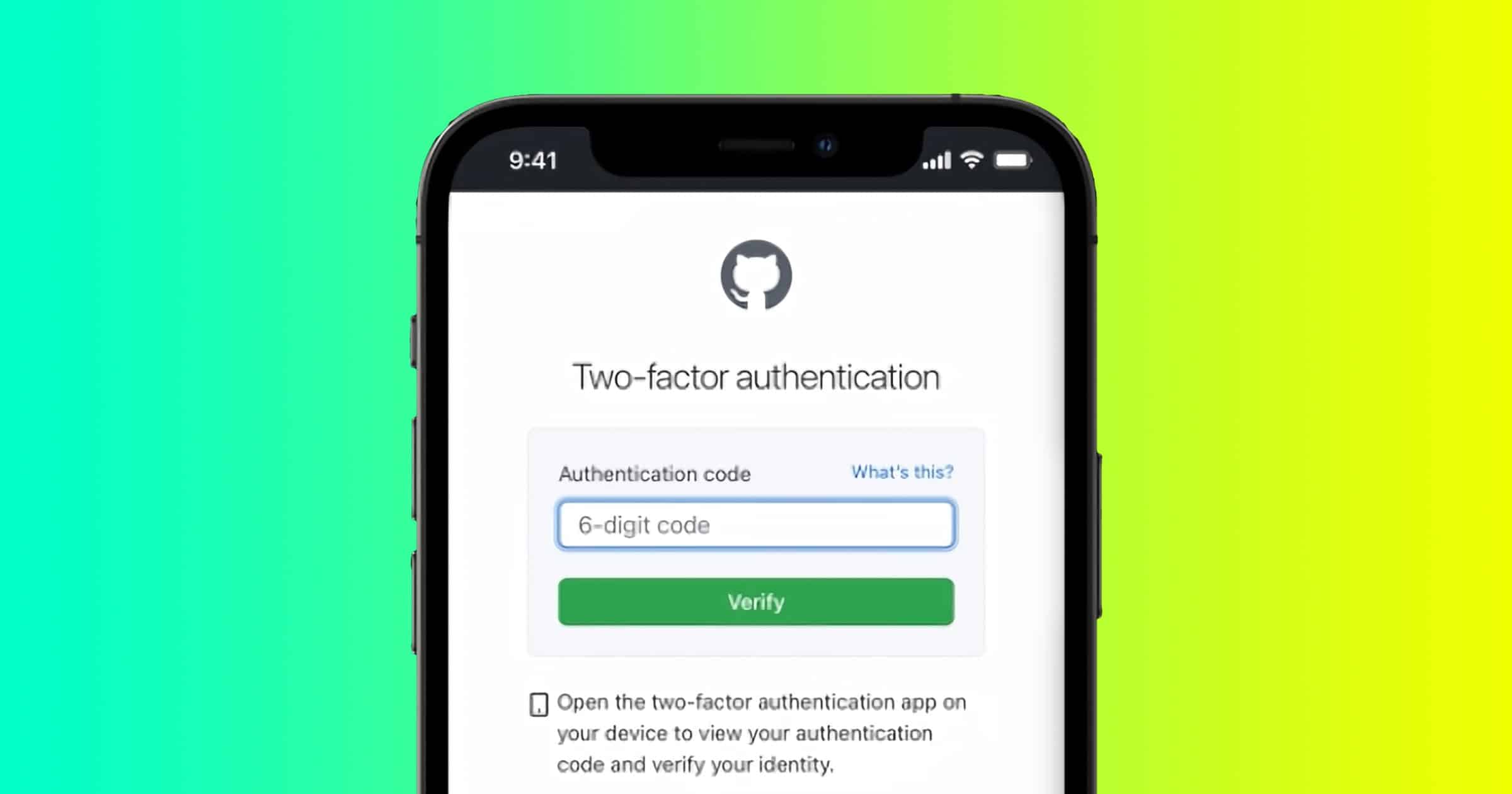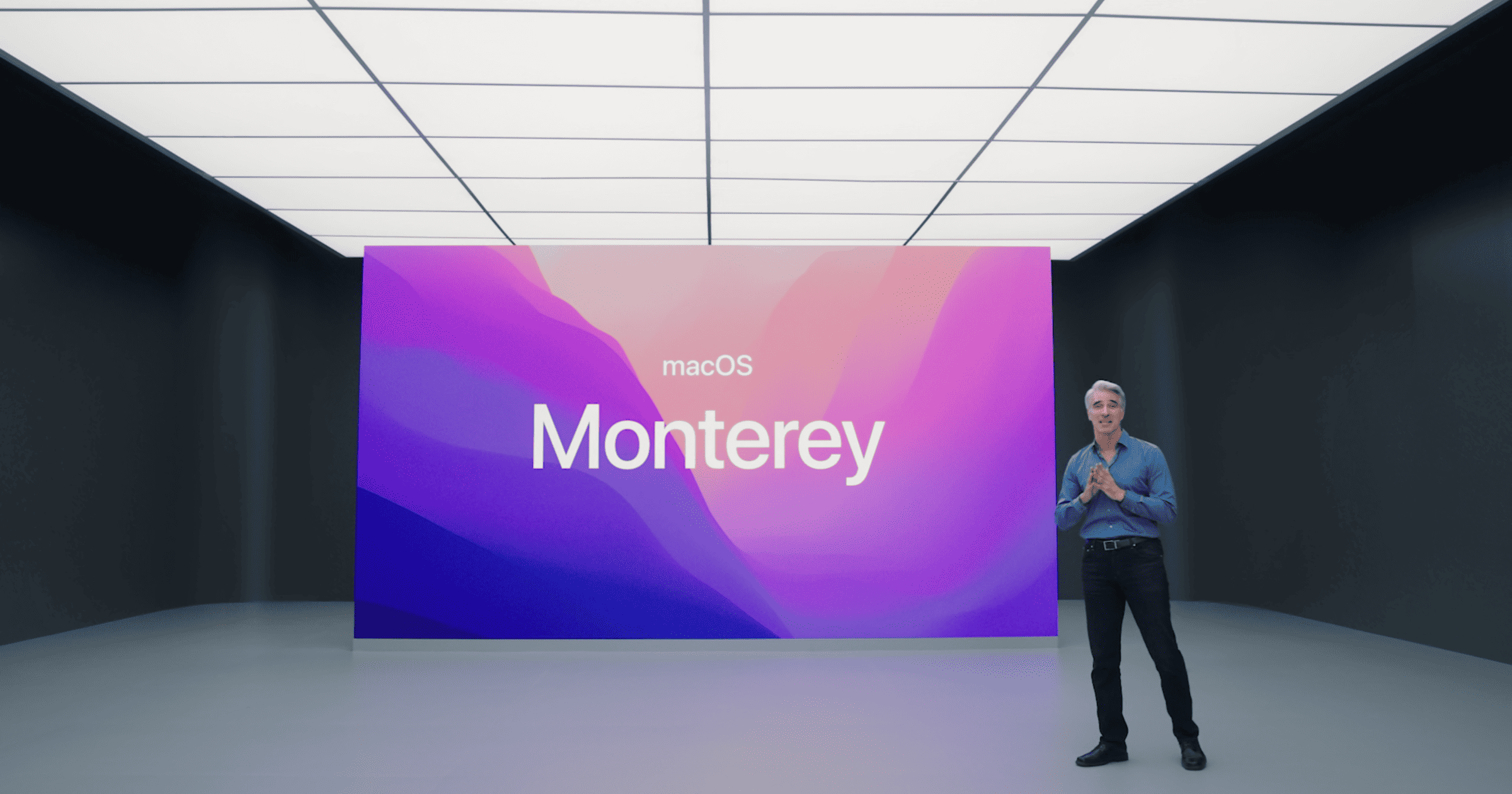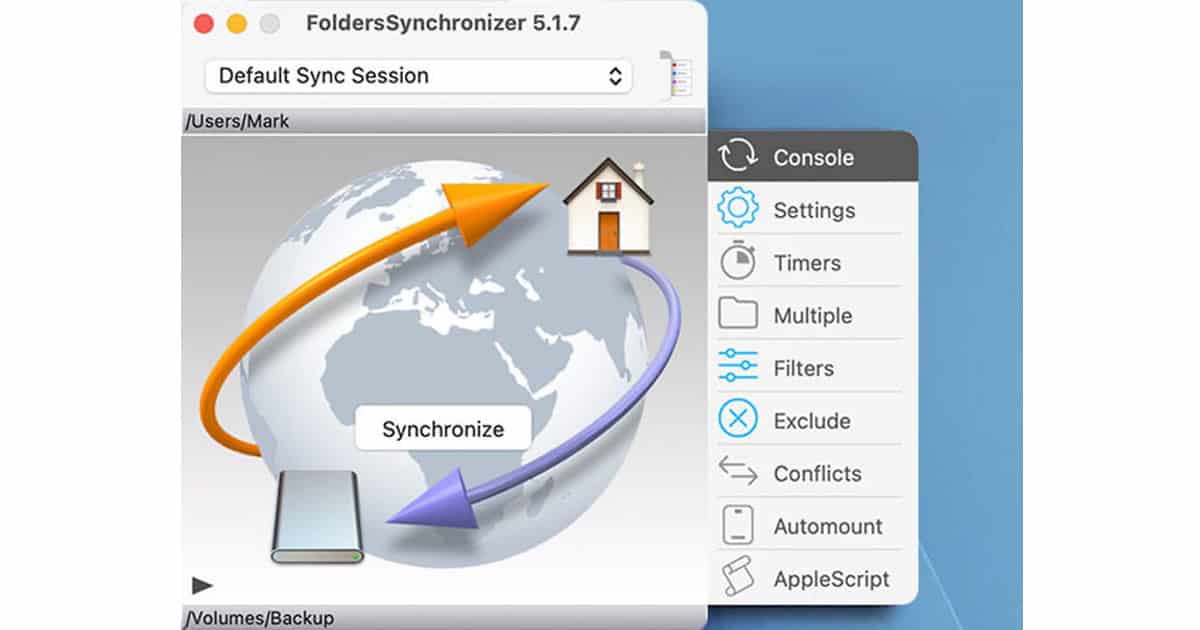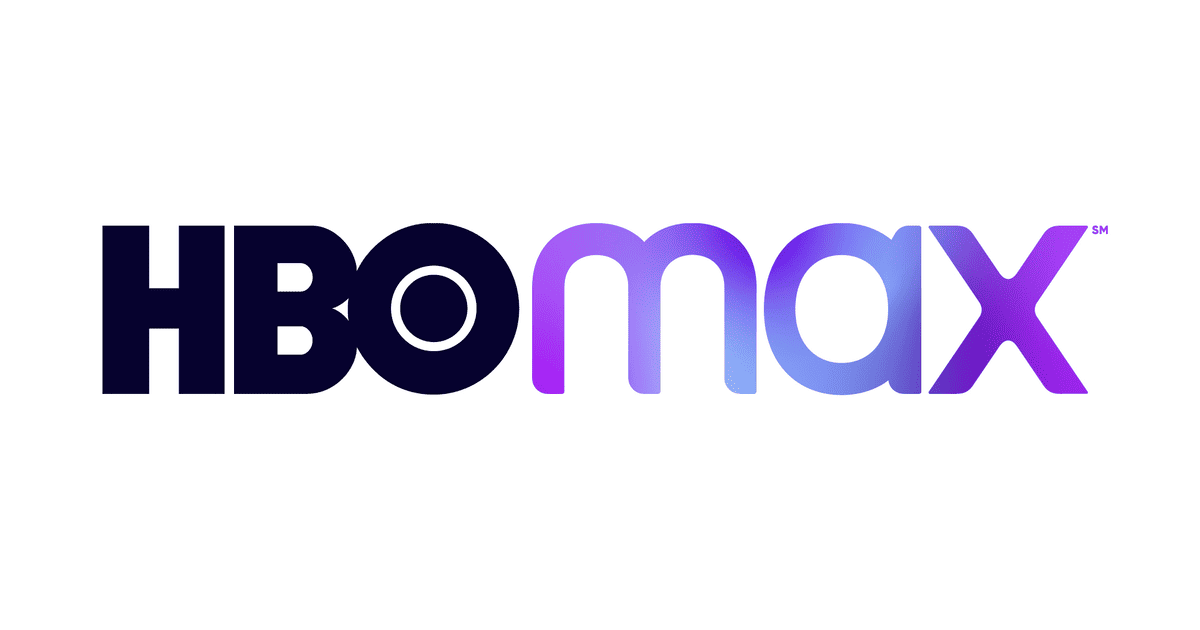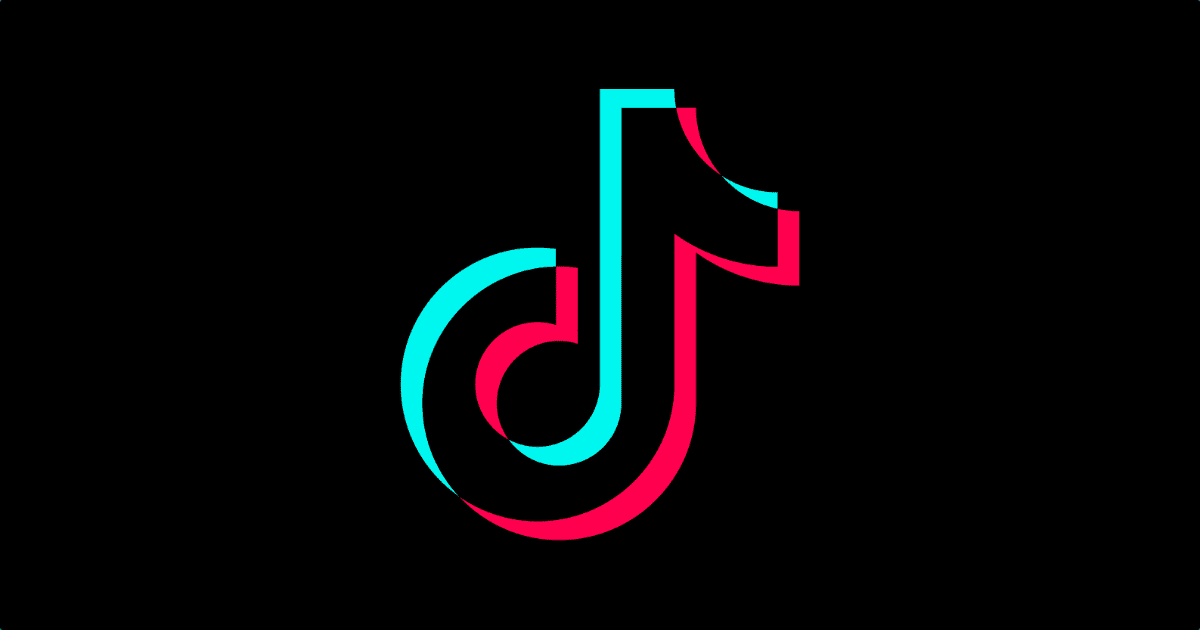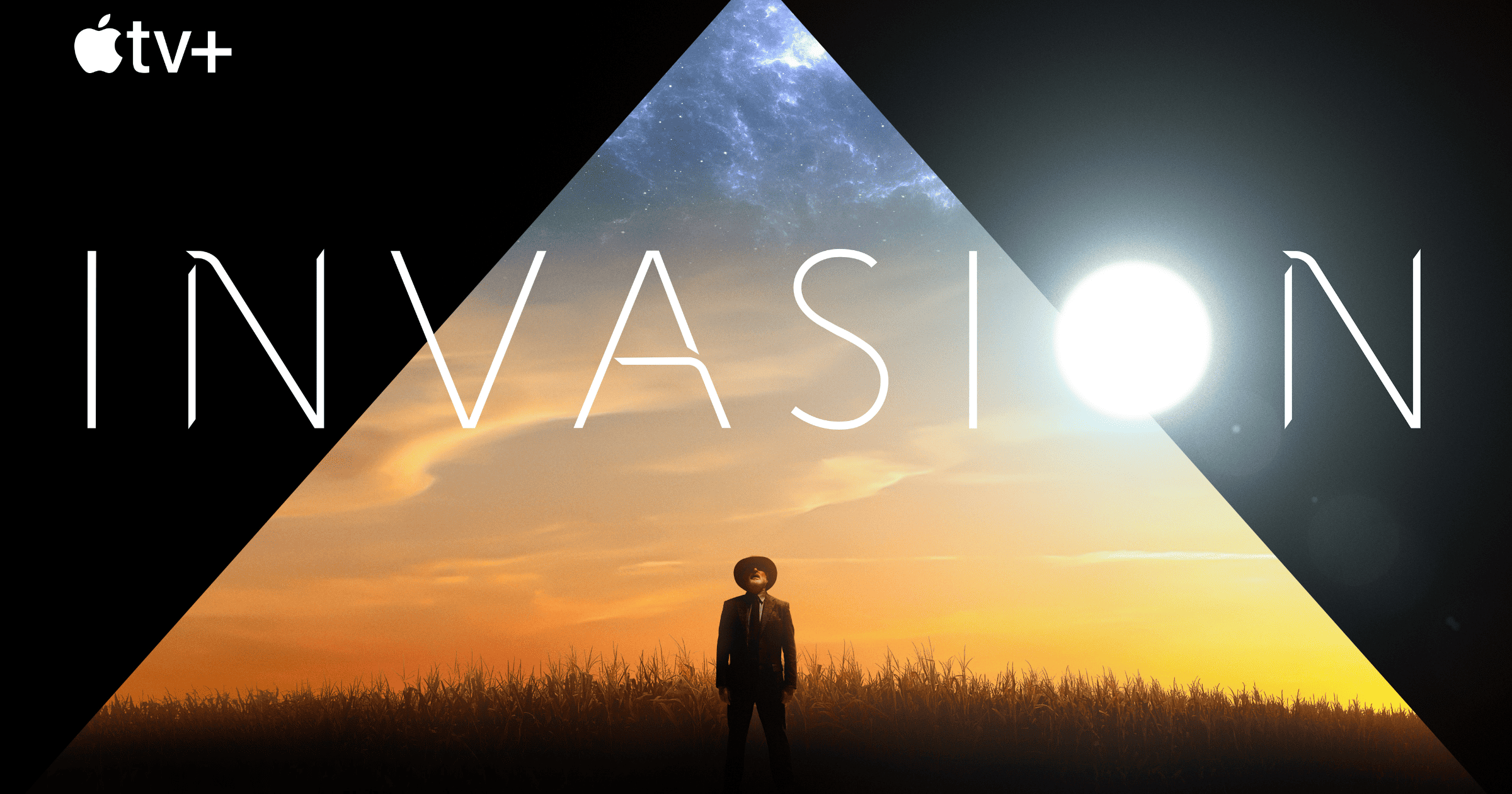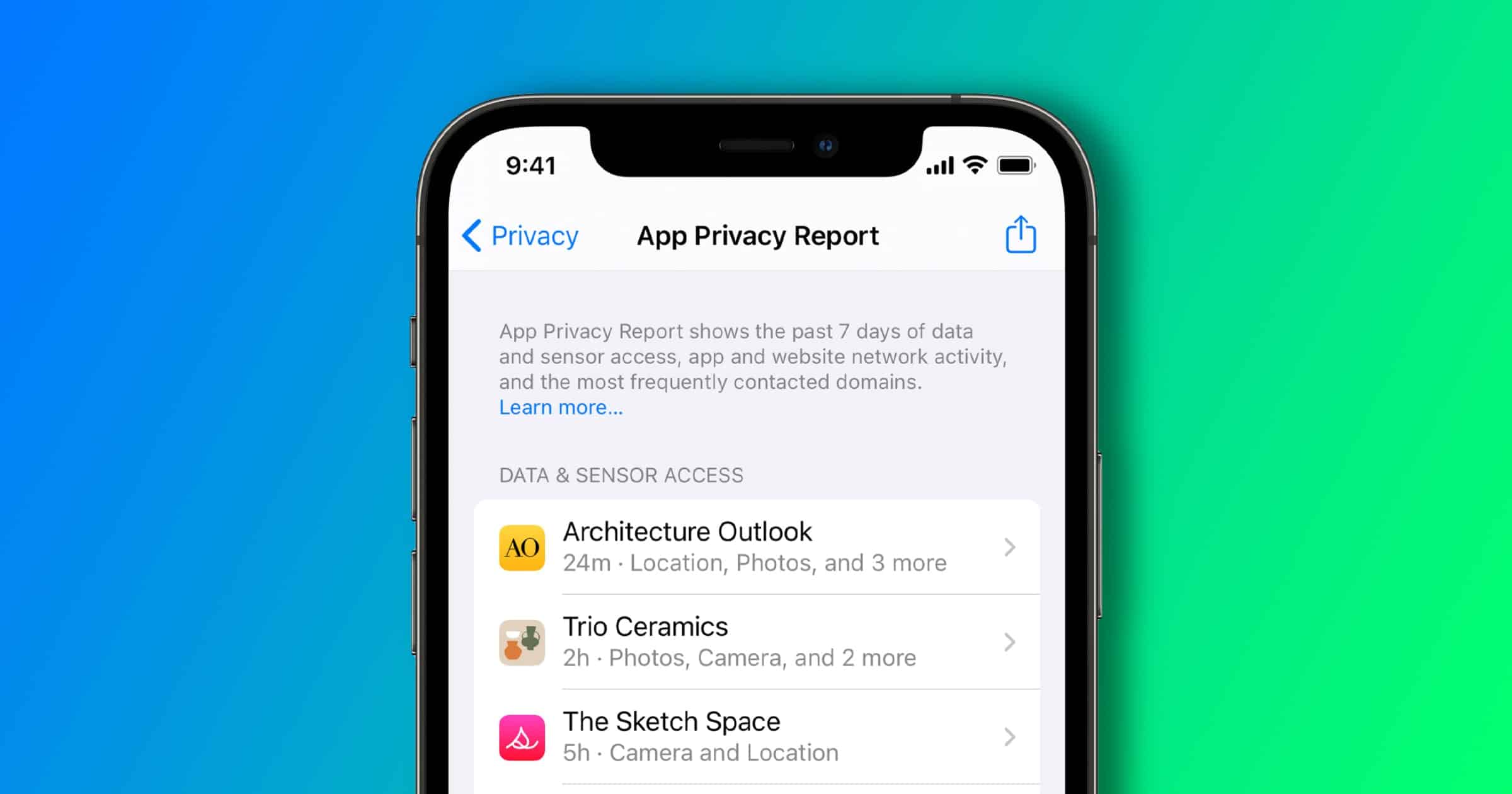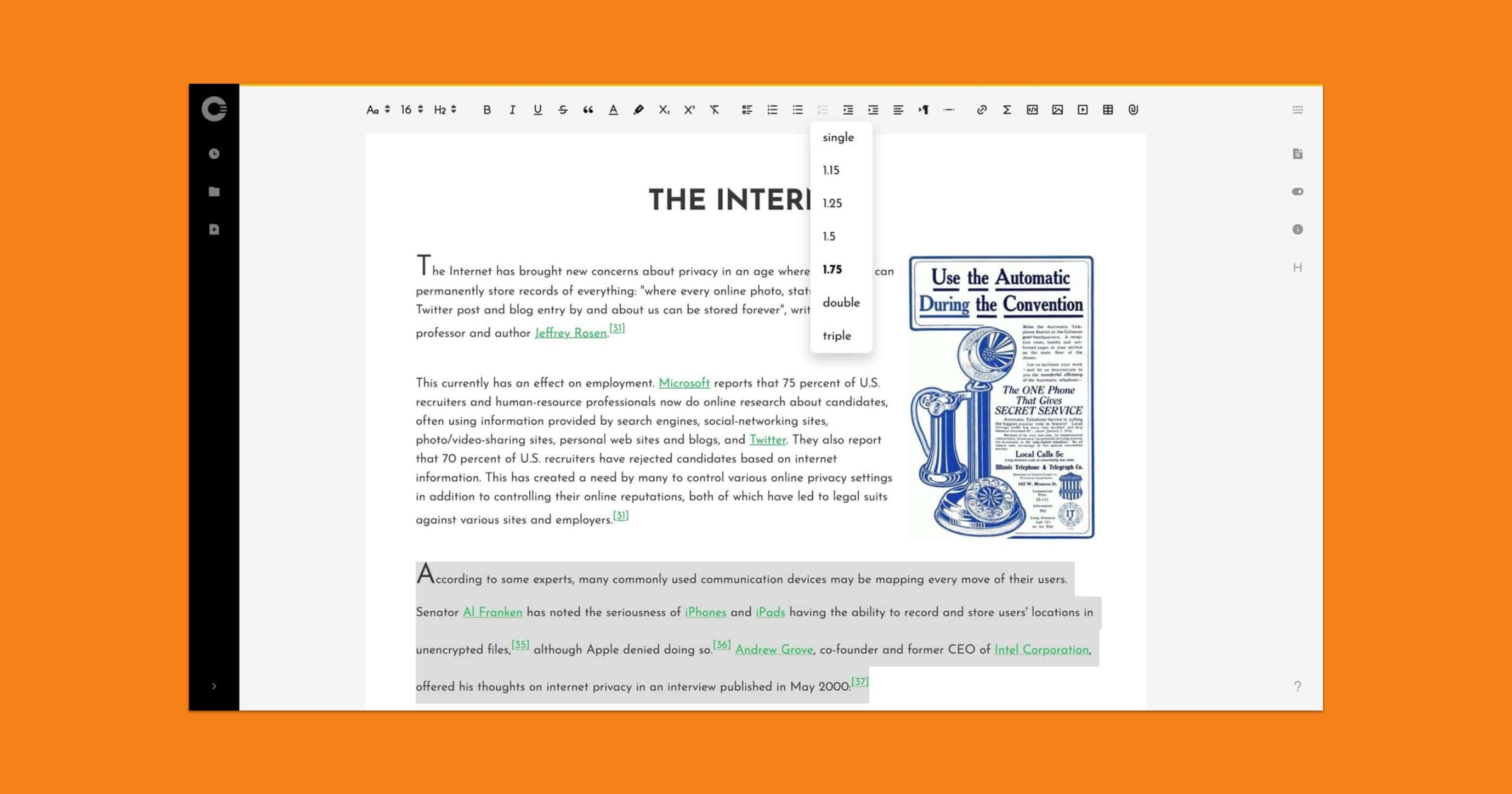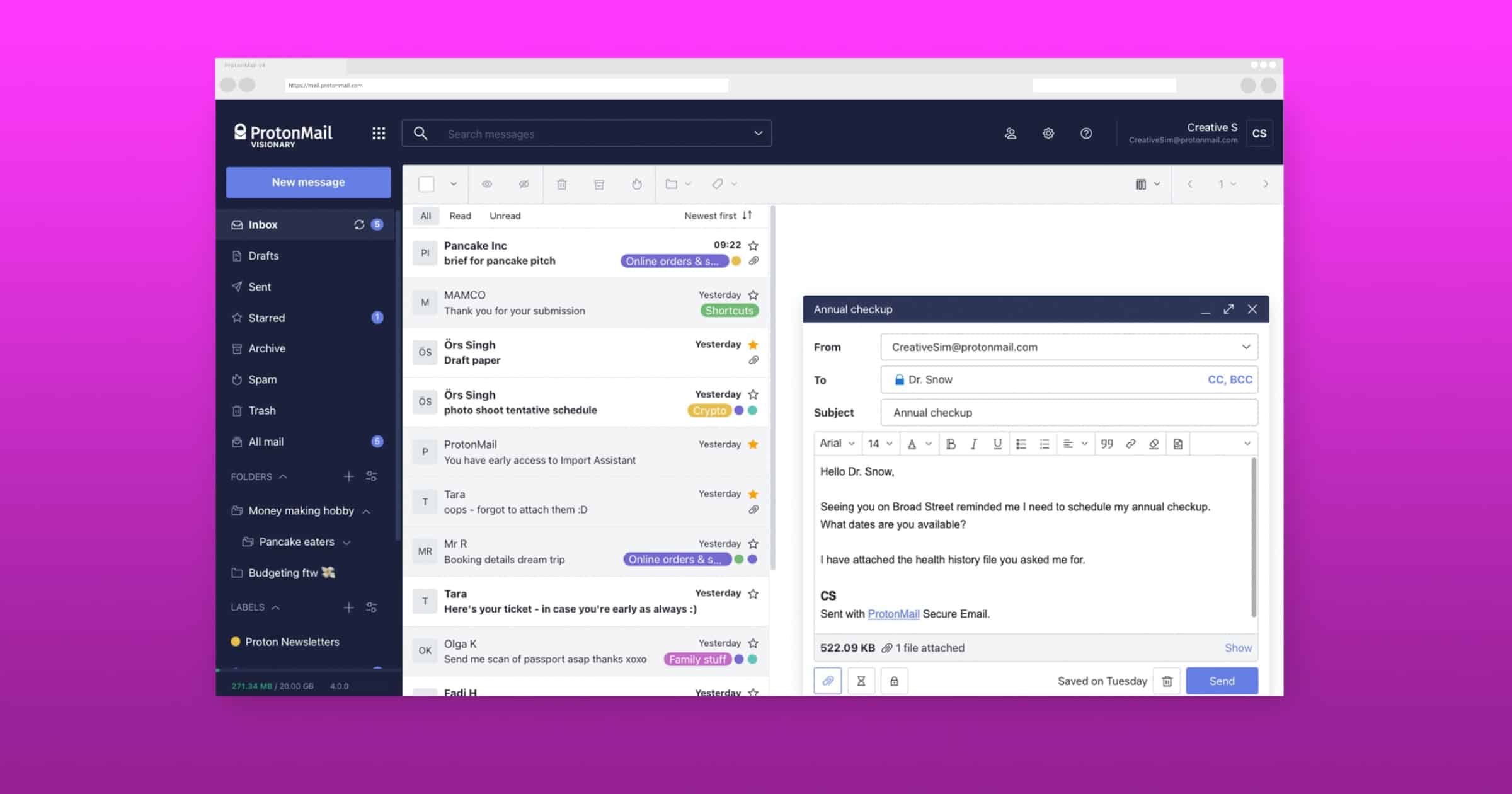A report on Thursday says that Apple’s suppliers in India have created approximately 20,000 jobs.
Roblox Faces $200 Million Lawsuit for Alleged Music Copyright Infringement
The National Music Publishers’ Association (NMPA) filed a $200 million lawsuit against Roblox for user-uploaded music in their streams.
Democrats Prepare Set of 5 Antitrust Bills Targeting Tech Companies
Democrats in the House of Representatives are preparing five bills targeting tech companies in different ways.
JBS USA Pays $11 Million in Ransom After Cyberattack
On Thursday, meat supplier JBS said it paid US$11 million after ransomware attack stopped its operations.
In consultation with internal IT professionals and third-party cybersecurity experts, the company made the decision to mitigate any unforeseen issues related to the attack and ensure no data was exfiltrated.
I wonder if the FBI will recover this ransom as well, like the Colonial Pipeline money.
WWDC Interviews: Binary Formations and Apparent Software – TMO Daily Observations 2021-06-09
Today “live from” WWDC, Kelly interviews Kevin and Diane Hamilton of Binary Formations, and Jacob Gorban of Apparent Software.
Digging into Apple's iCloud Private Relay
At this week’s WWDC Keynote, Apple announced iCloud Private Relay, a privacy feature aimed towards further separating you and your browsing activity from people who want to track and collect data about you. iCloud Private Relay works for anyone with an iCloud+ subscription using iOS 15, iPadOS 15, and macOS Monterey, and when enabled it protects all your Safari browsing, all DNS queries, and any insecure web traffic from other apps.
Apple Podcasts Subscriptions Launches June 15 for Users
Tim Cook announced Apple Podcasts Subscriptions at the Apple Spring 2021 event. It will be launching June 15 after its initial May release was delayed.
Mozilla Brings Firefox Redesign to iPhone and iPad
When Mozilla redesigned Firefox for desktop in the version 84 release, it did the same overhaul for the mobile versions.
We’ve rebuilt parts of Firefox in native components, making it feel more iPhone and iPad-like than ever before. You’ll notice design elements that look and work identically to those found in many other apps, so our browser feels instantly familiar. We’ve also taken a major step up in accessibility. Firefox now supports more text sizes and integrates better with screen readers.
Speck Introduces Presidio Perfect-Clear Case Compatible with MagSafe
Speck recently announced its newest line of smartphone cases. These Presidio Perfect-Clear cases are compatible with MagSafe iPhones such as the iPhone 12.
iCloud Keychain Gets Time Based One Time Passwords
In one of Apple’s videos dedicated to developers, the company revealed a new feature that wasn’t mentioned in the WWDC 2021 keynote.
Key macOS Monterey Features Only Work M1 Macs
A number of features set to be rolled out with macOS Monterey will not work on Apple devices running on an Intel chip.
FoldersSynchronizer for Mac: Lifetime Subscription
We have a deal on FoldersSynchronizer for Mac, a Mac utility that synchronizes and backs-up files, folders and disks. You choose one or more pairs of files, folders or disks then FS will synchronize or backup those exactly. It works on Intel and Apple M1 Macs, and a lifetime subscription is $14.99 through our deal.
HBO Working With Apple to Fix HBO Max Apple TV App Issues
Earlier this week the HBO Max app for Apple TV was updated and caused a number of issues. For example features as “What did she say?” and touching the D-pad/trackpad to bring up the timeline while playing content no longer worked. ScreenTimes reported that HBO is ow aware of “some” of the issue and working with Apple to get them fixed.
This new version, while seemingly containing no updates to the gallery UI, has replaced the standard tvOS playback UI with HBO’s own version… The bottom line is, the viewing experience in the HBO Max app is now horrifically bad and almost unusable unless you’re planning just to play and pause. If you need to do anything else, don’t get your hopes up. Ironically, the notes for the update are “A smoother streaming experience is waiting for you with a focus on bug fixes and performance improvements”.
White House Drops Trump TikTok Ban Order
The White House has dropped executive orders announced under the presidency of Donald Trump that sought to ban popular apps like TikTok.
Sci-fi Drama 'Invasion' Hits Apple TV+ October 22, 2021
Apple TV+ sci-fi series series ‘Invasion’ from Simon Kinberg and David Weill will premiere globally on October 22, 2021.
Craig Federighi Talks About WWDC 2021 Privacy Features
Apple announced a swathe of new privacy features for its operating systems, and Apple VP Craig Federighi spoke about the new changes.
Cryptee Updates With Line Spacing, Quick Document Access
Encrypted storage provider Crypt.ee is back with updates like remembering encryption keys, quick access to recent documents, and line spacing in documents.
We’re slowly getting ready to release our paper-mode for Cryptee Docs. It will allow you to work print-accurately on popular paper sizes like A4 / U.S. Letter etc, much like your favorite rich text editors like Microsoft Word™. But we thought perhaps we can release some of these paper-specific features ahead of time.
Multiple Major Websites Start to Return After Outage
A number of major websites went dark Tuesday morning, with an outage affecting the likes of Amazon, Reddit, CNN, and The New York Times.
Get a First Glimpse of 'The Morning Show' Season Two and More in Apple TV+ Summer Preview
A newly released summer 2021 preview video gives a first look at The Morning Show season two. It looks to me like Jennifer Aniston’s Alex Levy leaves/has left the breakfast program, although no doubt there is much to play out! Other forthcoming shows and movies are also seen, including Coda, and season two of See. Ted Lasso is in there too, of course. Other items pictured, including Cherry and Palmer have long been available to subscribers. However, it all gives a hint that some announcements and launches could be imminent.
Ted Lasso Exists Because Jason Sudeikis and Brendan Hunt Took Mushrooms in Amsterdam
Ted Lasso exists because Jason Sudeikis and Brendan Hunt took mushrooms in Amsterdam back in 2000 and talked about soccer.
Proton Unveils Design Overhaul for Web ProtonMail
On Tuesday, Proton revealed a complete overhaul of the user interface with ProtonMail for web. The new ProtonMail is available to everyone.
Fujifilm Fights Ransomware Attack and Works to Restore Servers
Fujifilm was hit by a ransomware attack last week but refuses to pay the ransom. Instead, it’s working to restore its servers with backups.
On 4 June it confirmed a ransomware attack was affecting a “specific network” in Japan and that it shut down “all networks and server systems” while it investigated the “extent and scale” of the attack.
Fujifilm said it would not comment on the amount demanded by the ransomware gang. The company has started bringing its network, servers, and computers in Japan “back into operation” and is aiming to be fully up and running “this week”. It has also restarted some product deliveries, which were particularly hard hit by the cyberattack.
WWDC: Developer State of the Union Recap – TMO Daily Observations 2021-06-08
Dave Hamilton and Andrew Orr join host Kelly Guimont to discuss the WWDC Developer State of the Union, including some possible improvements.
WWDC 2021: Apple Will (Share)Play Nicely With Others — Media+
There was almost no mention of Apple’s media offering during the WWDC 2021 keynote – less, even, than in the years when Apple was not in the media and content space. Kelly Guimont joins host Charlotte Henry to discuss this and things that were announced, such as SharePlay.
